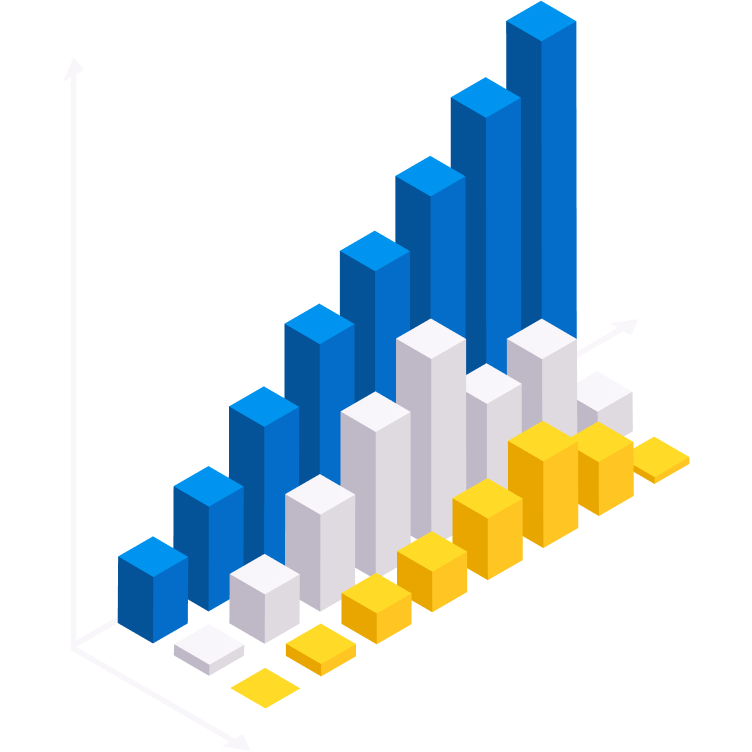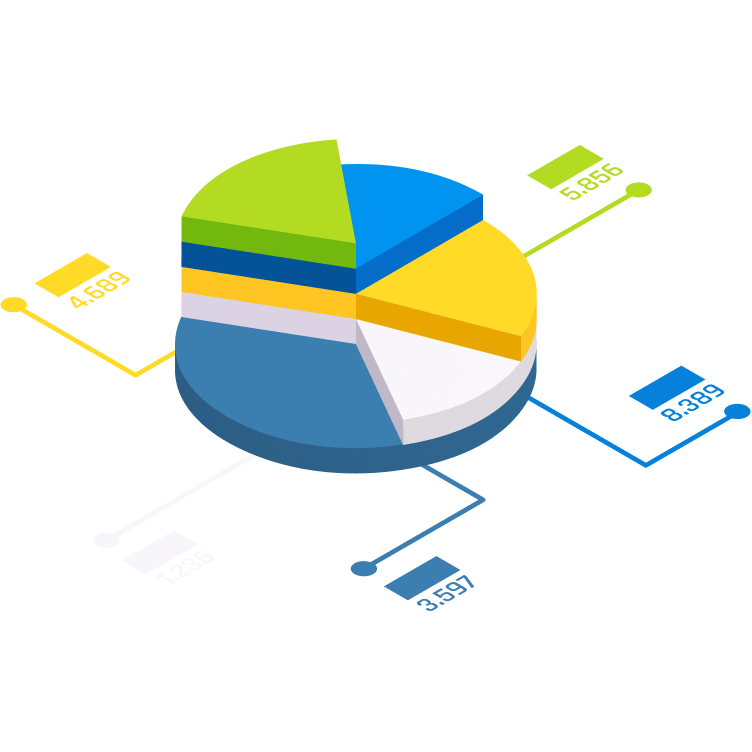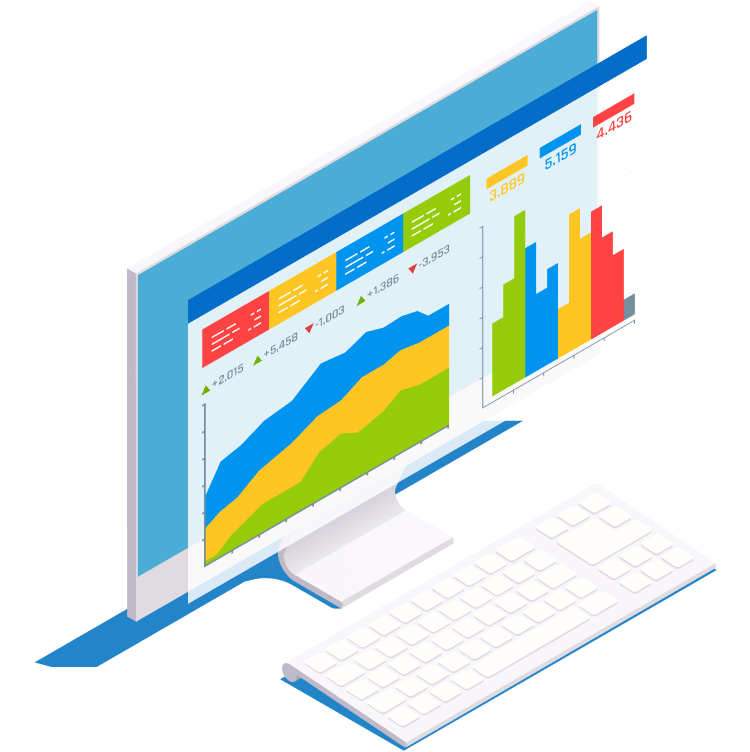Artificial Intelligence (AI) is revolutionizing the investment sector, particularly with its application in stock trading. The advent of AI in stock trading is more than a technological trend; it’s a paradigm shift in how investments are managed. By enabling rapid analysis and decision-making based on vast market data, AI is transforming traditional investment strategies and offering a new level of efficiency and insight in the financial world.

Past events of AI in investing sector
In the realm of banking and finance, AI has revolutionized the way financial institutions operate. Initially, AI in banking and finance began with rudimentary algorithms dedicated to automated trading in the late 20th century. Since then, its capabilities have expanded significantly, encompassing customized investment strategies, predictive analytics, and complex decision-making processes. This evolution has not only streamlined operations but also enhanced the accuracy and efficiency of financial services, marking a significant shift in the industry’s approach to managing and analyzing vast amounts of financial data.
Components of AI-powered investment transformation
AI is changing the investing environment, like other FinTech trends, and these changes are fueled by a few essential elements, each of which is vital to how AI changes the way choices are made and investments are handled. The main elements of an AI-powered investing revolution are as follows:

- Data analytics and Big Data
- Machine learning and predictive analytics
- Natural language processing (NLP)
- Algorithmic trading
- Robo-advisors
- Risk management
- Blockchain integration
- Regulatory compliance and reporting
- Personalization
- Continuous learning and adaptation
Benefits of AI in investment management
Dedicated decision-making
The potential of AI to yield more profound understandings of market dynamics is transforming investment management. Artificial intelligence (AI) algorithms may find patterns and insights in massive volumes of data that are invisible to human researchers. Examples of this type of data analysis include market trends, economic reports, and company financial statements. Making better decisions is a result of this improved data processing. AI may be used by investors to spot possible investments and steer clear of dangers that more conventional analytical techniques could overlook.
Real-time processing
AI’s real-time processing capabilities is one of the biggest benefits for investors. The state of the financial markets is always shifting, making them extremely volatile. AI systems have the ability to track and evaluate market data in real time, giving investors the ability to react quickly to shifts in the market. This flexibility is essential for capitalizing on transient market changes or reducing risks amid market turbulence. Investment plans are kept current and efficient in the face of constantly shifting market conditions thanks to real-time processing.
Cost reduction
One of the most important aspects of AI is automation, which is essential for cutting operating expenses in investment management. Traditional portfolio management and investment analysis need a lot of human effort, which is expensive and time-consuming. These procedures are all automated by AI, including data gathering and analysis, trade execution, and portfolio management. The process is sped up by this automation, which also lowers the costs of hiring human workers, such as salary and training expenditures. AI systems can also work continuously without the need for breaks, which boosts output and efficiency.
Improved accuracy
Artificial intelligence greatly reduces human mistakes in investment analysis. Artificial intelligence (AI) algorithms work with data and specified parameters, but human judgment is subject to biases and errors. They are impervious to the psychological influences that frequently cause erroneous judgments in human investors. In the field of investment management, where even a tiny mistake can result in significant losses, this increased precision is essential. Investment organizations may improve performance and lower mistake risk by using AI to analyze data and make decisions. This will increase the accuracy of forecasts and investment decisions.
Exploring the diverse landscape of AI in investment: apps, platforms, bots, and software
AI investing apps
Robo-advisors: AI algorithms are used by Wealthfront and Betterment apps to provide users individualized investing advice. After evaluating a person’s goals and financial status, they automatically distribute and manage their investments.
Applications for stock prediction: Some applications use artificial intelligence (AI) to forecast stock market movements and make investment suggestions.
Apps for portfolio management: Apps like Personal Capital employ artificial intelligence (AI) to assess your investment portfolio and provide information on risk, diversification, and possible enhancements.

AI investing platforms

Quantitative trading platforms: These systems employ artificial intelligence (AI) to examine big databases and find trading opportunities. Examples of platforms where users may develop, test, and implement AI-powered algorithmic trading methods are QuantConnect and AlgoTrader.
Trading platforms with AI integration: A lot of online trading platforms now include AI technologies for automated trading, risk assessment, and market analysis. Advanced AI features are available for both individual and professional traders through Thinkorswim and Interactive Brokers.
AI investing bots
Chatbots for investment services: AI chatbots are used by financial organizations to offer investment advice and client support. These chatbots are capable of responding to questions, giving market updates, and even making tailored financial recommendations.
Trading bots: 3Commas and Cryptohopper, for example, provide automated trading bots that employ artificial intelligence (AI) to conduct transactions based on predetermined criteria while optimizing for market circumstances and individual investment plans.

AI investing software

Risk management software: By employing AI to assess market patterns and forecast possible hazards, programs like Sentifi and Riskalyze empower investors to comprehend and control the risk in their holdings.
Predictive analytics software: Programs such as Tableau or Koyfin leverage artificial intelligence (AI) to forecast market trends and assist investors in making data-driven choices.
Compliance software: AI software is being utilized more and more in the investment industry to automate the reporting and monitoring procedures that guarantee conformity to financial rules.
Future of AI in investing
AI-powered investment appears to have a bright future, like other innovations in FinTech. We expect increasingly complex algorithms, blockchain integration for improved security, and artificial intelligence (AI)-powered regulatory compliance solutions. The financial markets may become more inclusive as AI democratizes investment.
In summary
AI in investment is a paradigm change rather than a passing fad. Technology’s influence on risk management, market research, and investing techniques will only grow as it develops. Adopting AI can help you remain competitive in the financial industry, which is developing quickly.